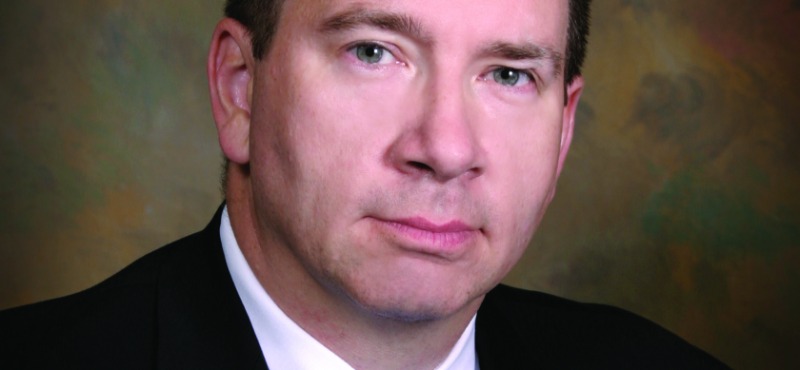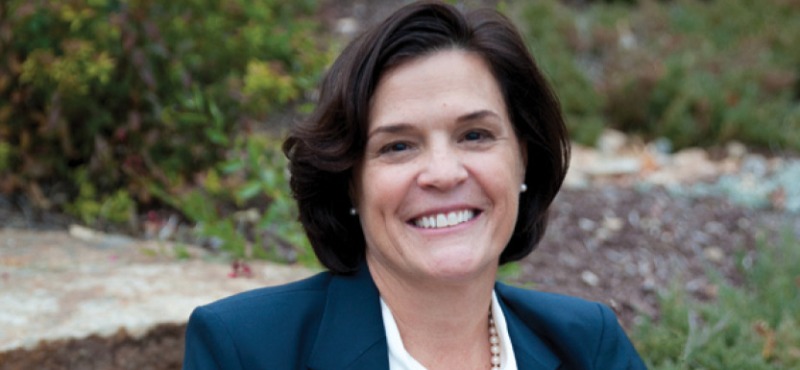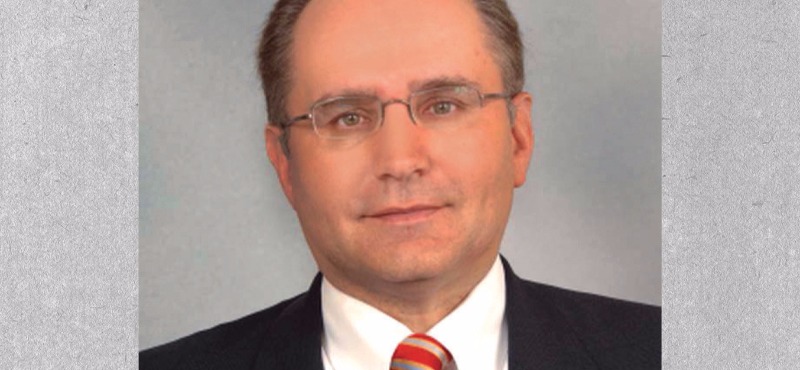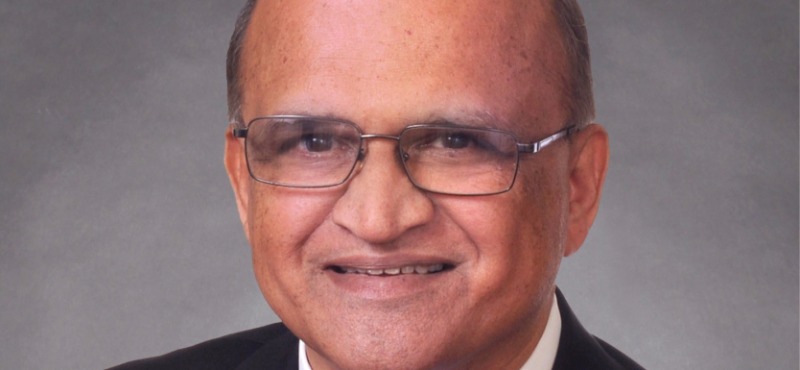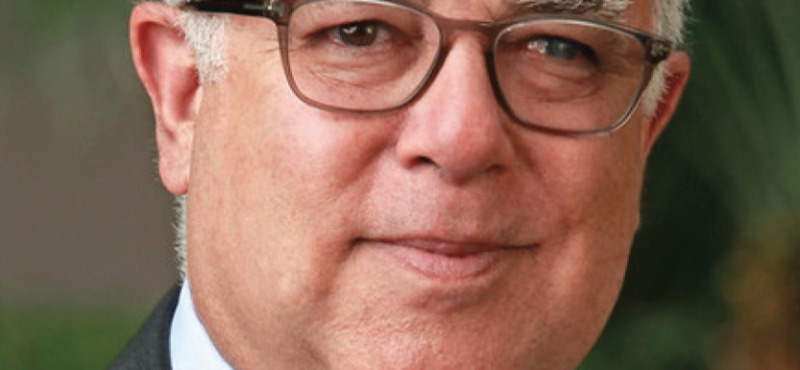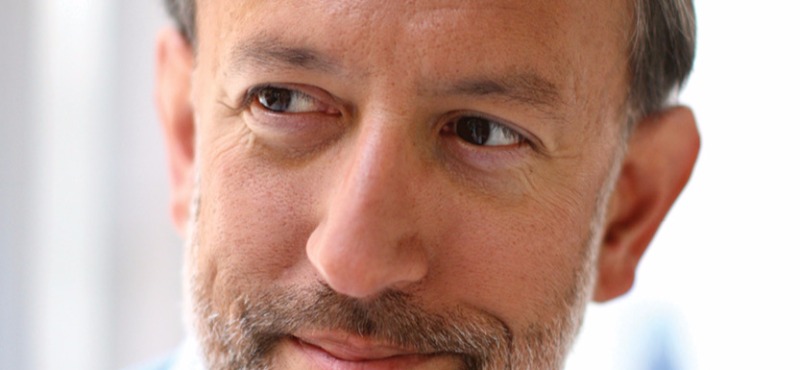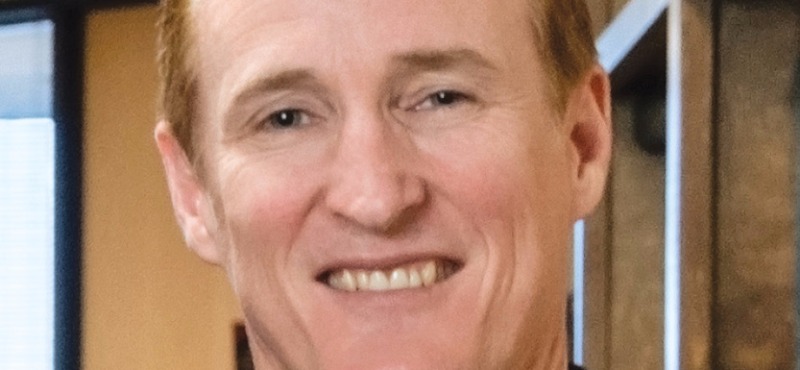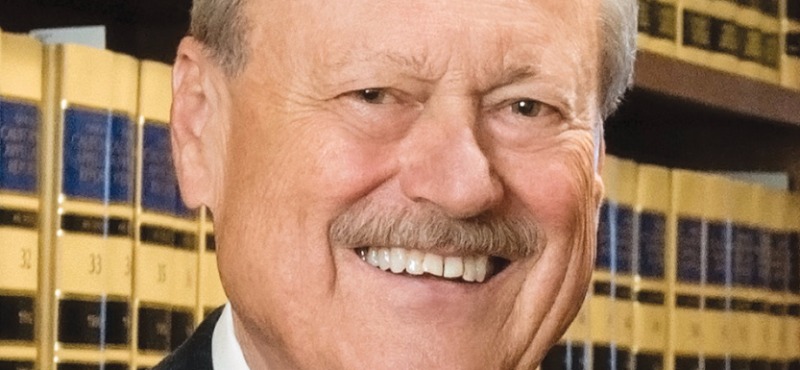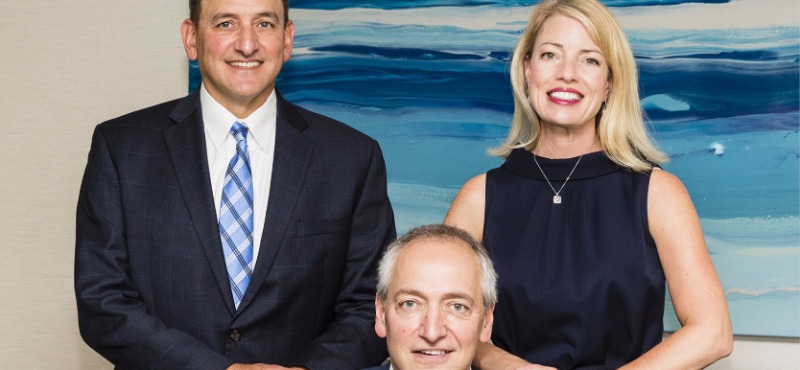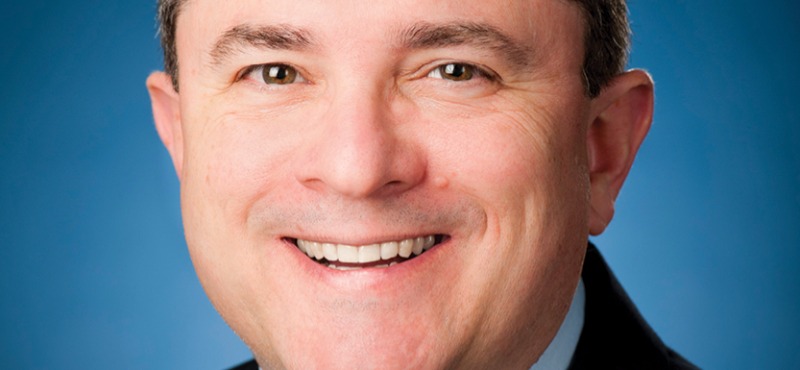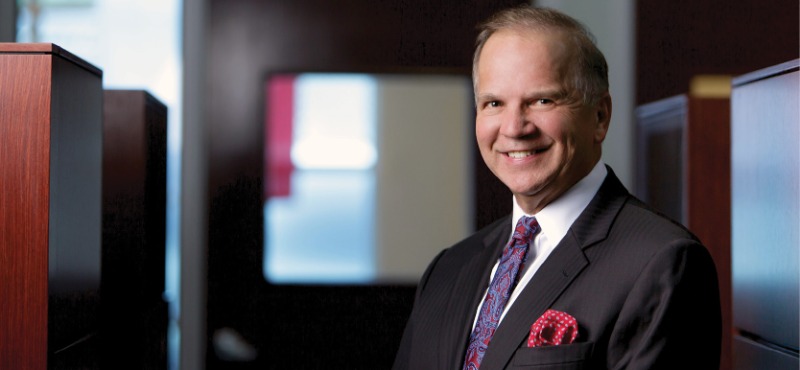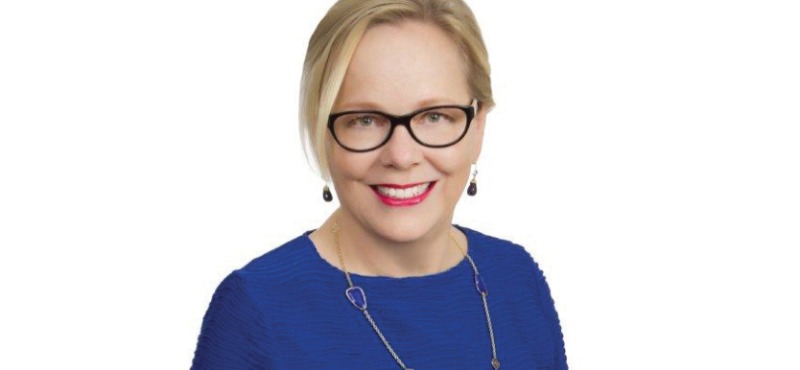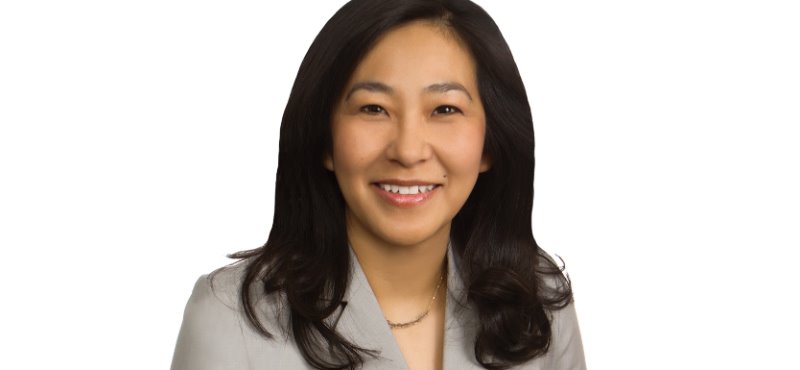A Q&A with J. Thaddeus Eckenrode with Eckenrode-Maupin, 2018 "Lawyer of the Year" recipient for Medical Malpractice Law – Defendants.
How did you get into your practice area?
After leaving the Franklin County prosecuting attorney’s office after my first three years in practice, I joined a small insurance defense practice in Clayton that focused on medical malpractice defense and have continued predominantly in that area (along with product and some general liability) of practice now for the last over 30 years.
Who are your typical clients?
Insurance carriers, self-insured health care entities, individual physicians, and other professionals make up the bulk of our clientele. We do represent a number of small businesses and individuals in other matters as well.
Describe one of your most interesting or memorable cases.
As a young lawyer, I assisted my first boss on the Callahan v. Cardinal Glennon case, which became one of the seminal cases on causation. The sheer scope of the case, the number of experts and depositions taken in discovery, and the overall magnitude of the case was substantial, but the trial experience itself, from which numerous appellate issues arose, was unforgettable.
What qualities do you possess that you find particularly relevant/necessary for practicing your area of law?
Treating people professionally and with respect is important in this community in particular. Although we are in an adversarial setting in general, I think the ability to get along with my opponents and all counsel is important, since animosity amongst attorneys actually costs everyone’s clients in the long run. We may fight aggressively for our clients in trial, but you don’t have to act like a jerk in how you treat people as a case progresses.
What lessons have you learned along the way?
You’re never too old to learn something new, and you can never really predict what a jury will do or what they will find important. I have been fascinated over the years at hearing from jurors after trials about the questions they had and the things they thought were important. It gives me a renewed appreciation for how important it is that we thoroughly present our case to make sure we answer all the questions we think a person might have about the matter.
Please provide anything else you would like to share regarding your practice.
Most litigants come into a case with tunnel vision and only see their side of any issue. We try to make sure that our clients are prepared to understand the other side’s perspective, as well as the cost (both financially and emotionally) of litigation so that they can make a more intelligent decision about a long-term commitment to fighting a battle in court that may take years and could result in an adverse outcome. If they are fully informed and choose to continue that battle, we are willing to take any case through to a jury verdict and/or appeal.
